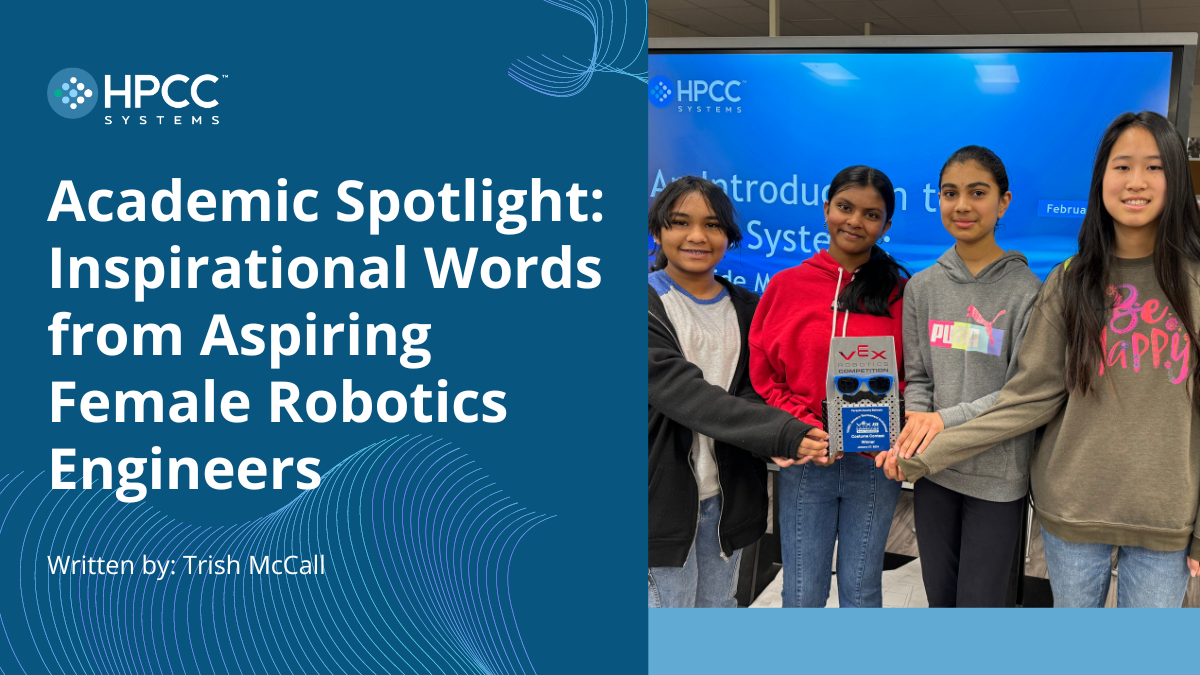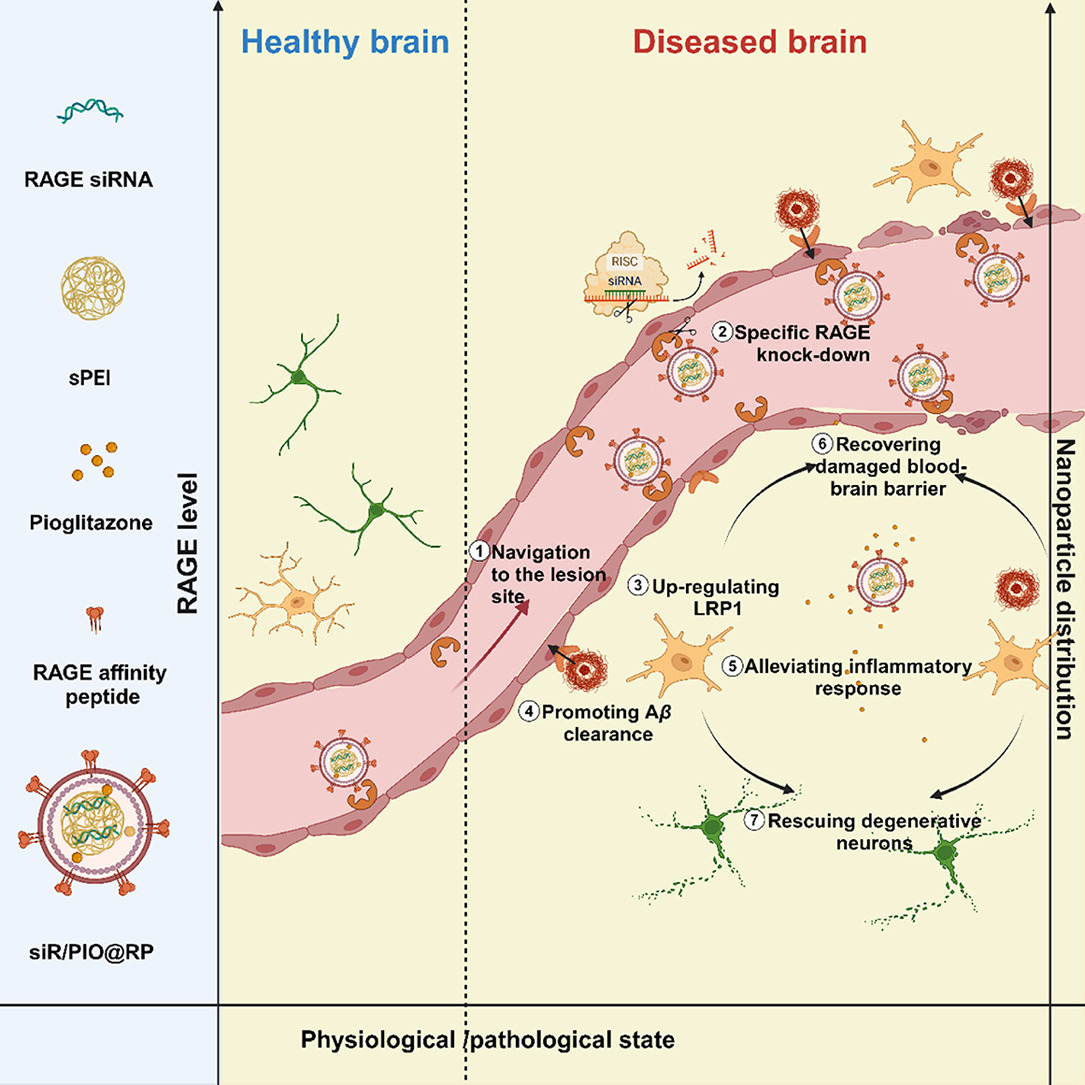This content aligns with Goal 3: Good Health provides understanding the mechanisms involved in AIH pathogenesis controlling hepatitic inflammation.
Artificial Intelligence-Empowered Modern Electric Vehicles in Smart Grid Systems: Fundamentals, Technologies, and Solutions, 2024, pp 477-502
The study introduces a nano-modulator that targets the damaged blood-brain barrier in Alzheimer’s disease. This modulator releases therapeutic agents that reduce amyloid-beta load, alleviate neuroinflammation, and restore neurovascular unit function, showing potential for Alzheimer’s treatment.


